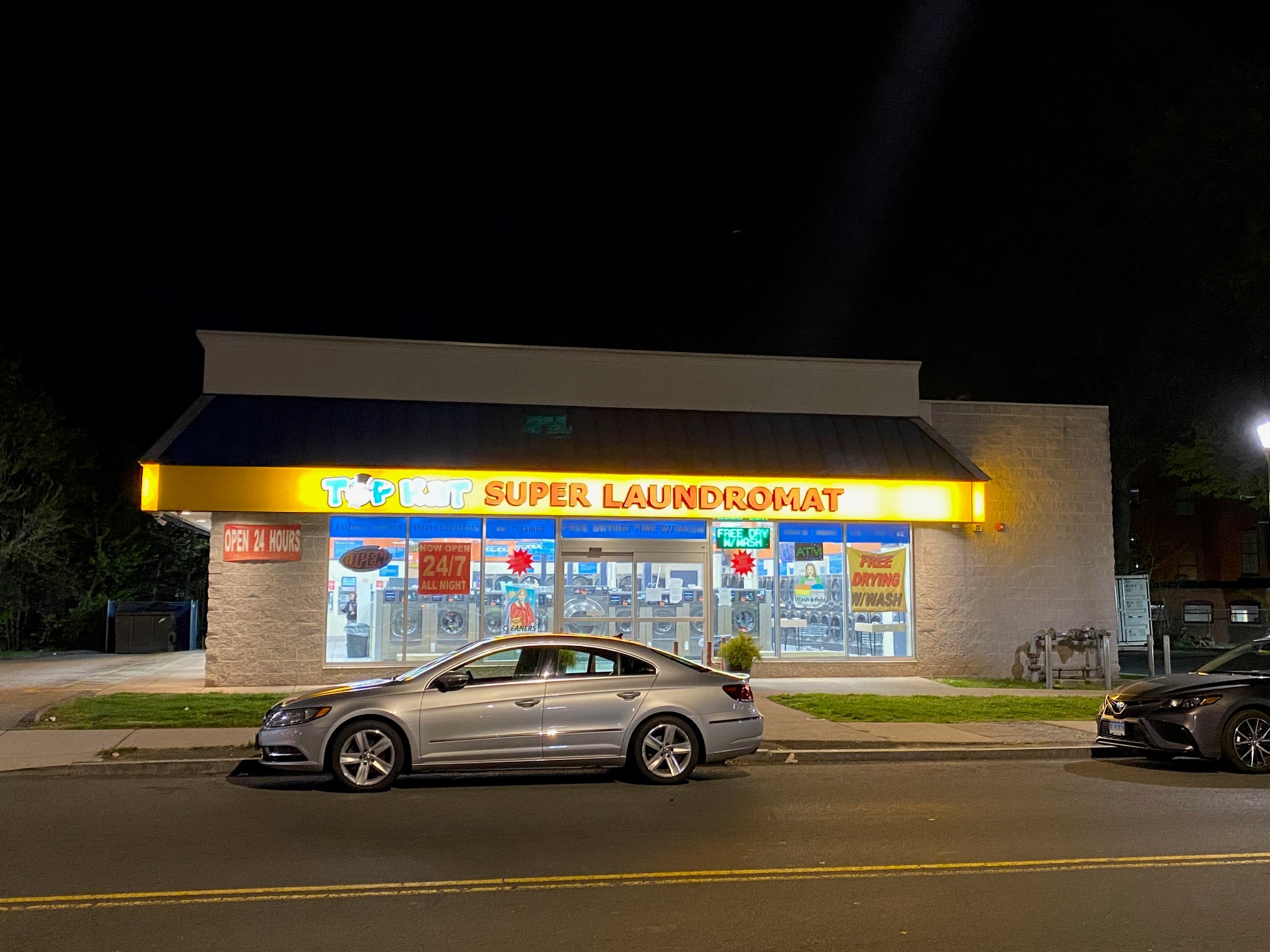Chester Clark, Junior fell victim to a cash shipping scheme that put him out thousands of dollars. Now he’s hoping he may be able to get his money back.
In 2016, the New Britain resident paid Jinigram, an IT company, $800 to maintain his desktop computer after his monitor went dark and several phone numbers popped up on the screen.
“They would go into my computer if I had a problem. They would straighten it out,” said Chester Clark, Jr.
Last summer, Clark was caught off guard when someone claiming to be with the company called him stating:
“We’re going out of business and we’ll refund your money,” said Clark.
Clark said the caller told him he mistakenly put $8,000 instead of $800 into Clark’s savings account and needed it returned.
“And of course, I fell for it,” said Clark.
Local
The caller instructed Clark to withdraw the $7,200 in cash for the overpayment and mail it via Fed-Ex to a California address.
“He was very convincing,” said Clark.
Clark followed up with his bank only to be told the company, which had gained access to his bank accounts, transferred the money from his own Home Equity account.
He reported it to Fed-Ex and they tracked down the package in California, and diverted it back to South Windsor, Connecticut. But then the trail went cold.
“They said we don’t know where it is,” said Clark.
Clark sent us a picture of the damaged Fed-Ex box with the $7,200 that somehow vanished.
When we asked Clark if would you normally send cash in the mail?” He replied: “I don’t know how to answer that one. Probably not.”
NBC Connecticut Responds reached out to both Fed-Ex and Jinigram for comment.
Fed-Ex released this statement:
“We regret this couple was a victim of a cash shipping scheme and all efforts to locate the package have been unsuccessful. FedEx does not tolerate the use of its network for illegal purposes, and we encourage customers to immediately contact local authorities if they suspect they are victims of fraudulent shipping activity.”
After launching an internal investigation, Jinigram told us in a statement:
“We are not involved with any scam in any which way and are a business in good standing per the laws of the land in India and in the United States. We are morally responsible and feel empathy towards our customer and in order to maintain our goodwill, we have made a decision to compensate the customer for his loss.
So to be specific, yes, we will compensate the customer as we will be able to recoup the amount from our business insurance. We are in conversation with the customer for a payment plan and the customer has pledged to cooperate with any legal proceedings we may need to conduct against the scammers.
We will make the payments in 3 equal installments based on a mutually agreed upon schedule with the customer. As a credible business, we do not receive or give any payments in cash. We will make the payments via business checks. The customer was made aware of our intent to compensate him sometime back. We are surprised that you are not aware of this. Regardless, we feel it is our moral duty to support our customers and we will continue to do so in any which way we can.
Finally, we have worked hard in last few months to educate our customers via newsletters, emails and voice communications on how Internet frauds are conducted, and how the customers should work to safeguard themselves from such scams”.
A hard lesson for Chester who regrets his mistake. “Don’t mail cash,” said Clark.
Clark says he filed police reports in both New Britain and South Windsor. He says officers told him there wasn’t much they could do. Clark also filed a claim with Fed-Ex and the company settled the claim for $112.
As a goodwill gesture, Jinigram insists they will reimburse Clark the amount of $5,000 in three payments via business checks.



